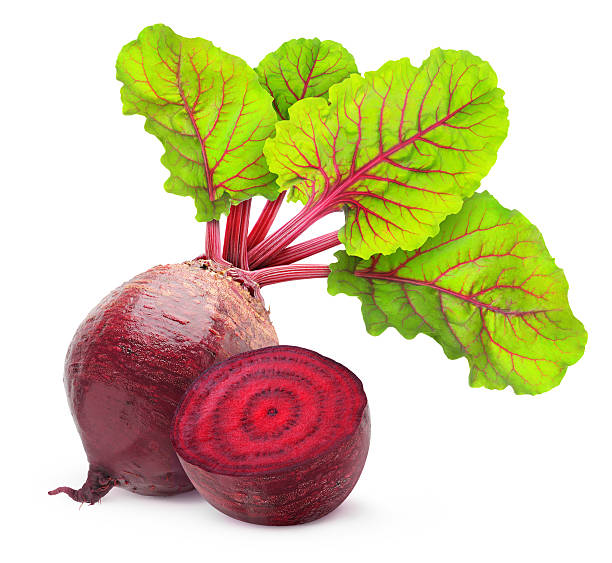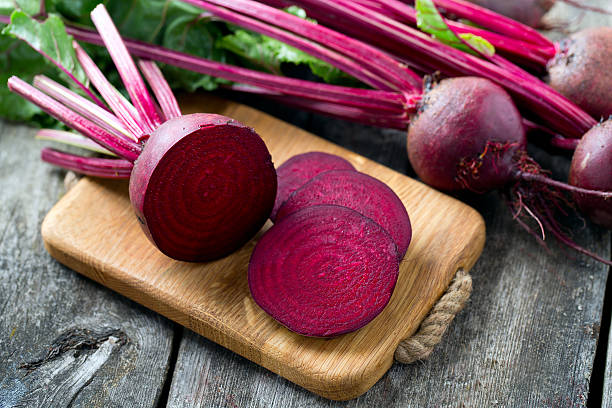Beetroot, also known as beet, is a root vegetable that is commonly used in various dishes and has been gaining popularity in recent years due to its many health benefits. Beetroot is a good source of various vitamins and minerals, and it has been found to have a positive effect on blood pressure, athletic performance, and brain health.
One of the most notable nutritional benefits of beetroot is its high content of nitrates. Nitrates are converted into nitric oxide in the body, which is a compound that helps to relax and widen blood vessels. This can lead to lower blood pressure and improved blood flow, which can be particularly beneficial for people with hypertension. Beetroot juice has been found to reduce systolic blood pressure by an average of 4-10 mm Hg in just a few hours.
Beetroot is also a good source of other important nutrients, including potassium, magnesium, and iron. Potassium is an essential mineral that plays a key role in maintaining proper fluid balance in the body and helps to regulate blood pressure. Magnesium is important for maintaining healthy bones and muscles, and it also helps to regulate blood sugar levels. Iron is essential for the production of red blood cells and is important for maintaining energy levels.
In addition to its nutritional benefits, beetroot has also been found to have a positive effect on athletic performance. Beetroot juice has been found to increase the amount of oxygen that can be delivered to the muscles, which can lead to improved endurance and stamina. It is also believed to improve the efficiency of the muscles, which can lead to better performance during exercise.
Beetroot is also believed to have a positive effect on brain health. The nitrates found in beetroot have been found to increase blood flow to the brain, which can lead to improved cognitive function and a reduced risk of dementia. Beetroot juice has also been found to improve attention and task flexibility in older adults.
In addition to its many health benefits, beetroot is also a versatile ingredient that can be used in a variety of dishes. Beetroot can be eaten raw, cooked, or pickled and can be used in soups, salads, and sandwiches. Beetroot juice can also be consumed on its own or added to smoothies.
In conclusion, beetroot is a healthy and nutritious vegetable that is packed with essential vitamins and minerals. Its high content of nitrates has been found to have a positive effect on blood pressure, athletic performance, and brain health. Beetroot is also a versatile ingredient that can be used in a variety of dishes and is easy to incorporate into a healthy diet. If you are looking to improve your overall health, consider adding beetroot to your diet.
However, it is important to note that beetroot can also be high in sugar, and people with kidney problems or a history of oxalate kidney stones should avoid consuming beetroot in large amounts. It’s always best to check with your doctor before adding any new food to your diet, especially if you have any health concerns.

 Home
Home Health
Health Diet & Nutrition
Diet & Nutrition Living Well
Living Well More
More












